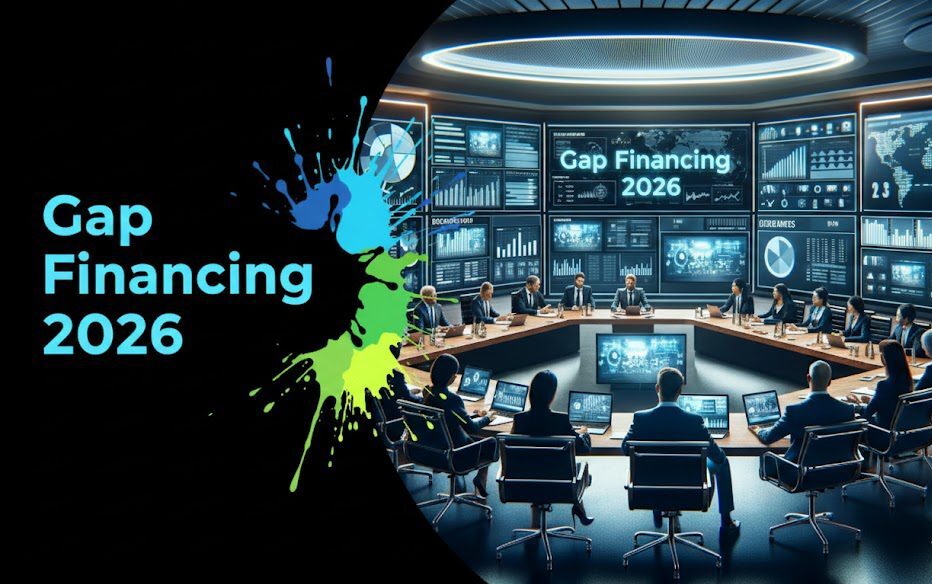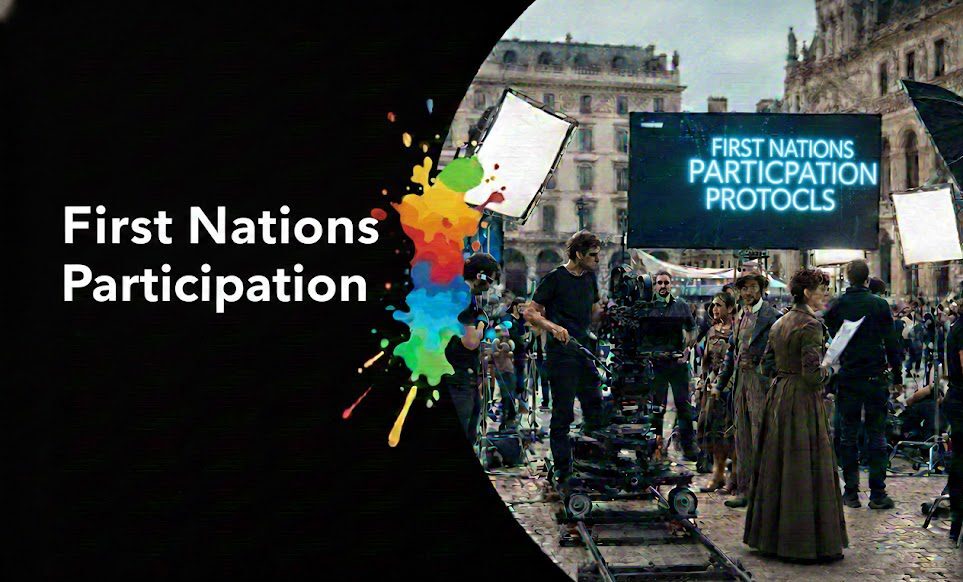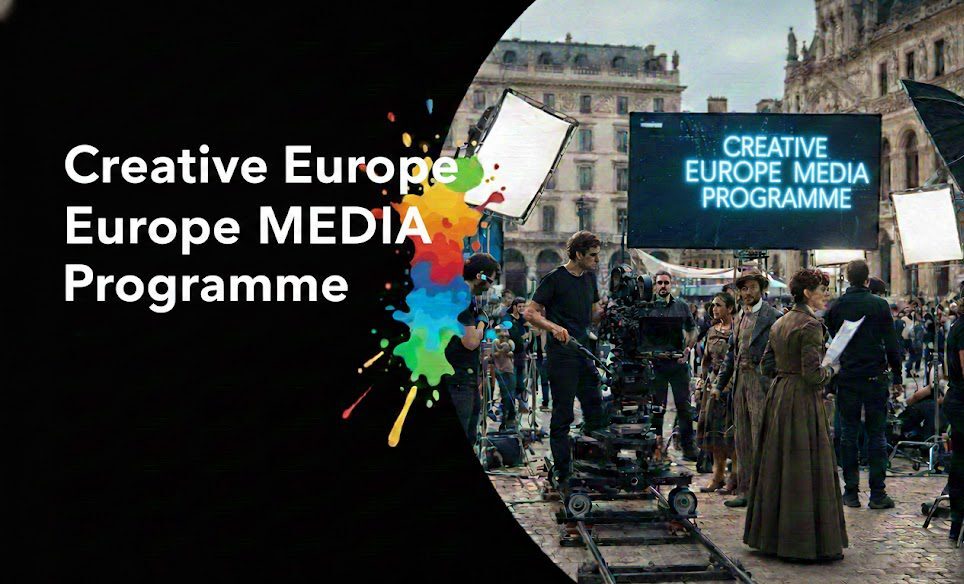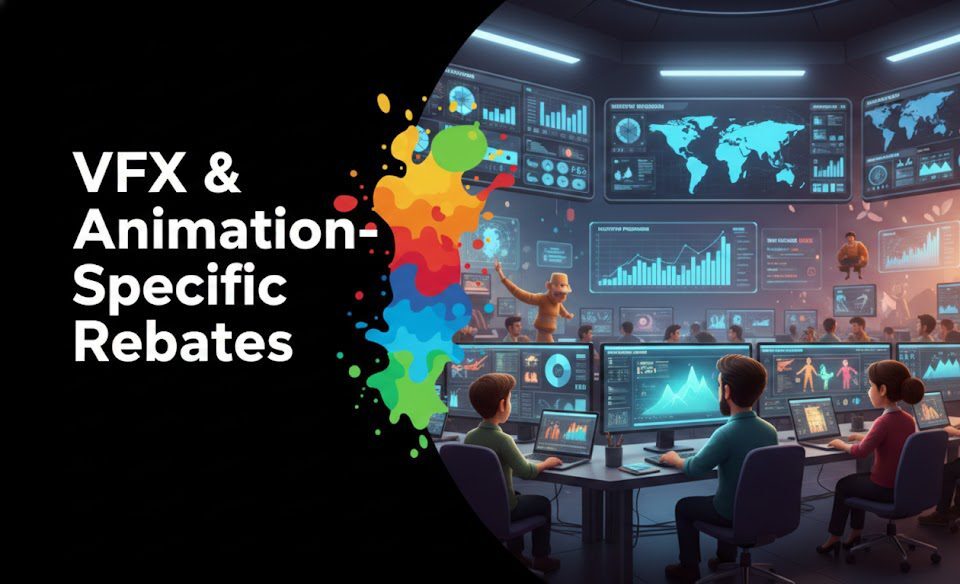Introduction:
Have you ever wondered how artificial intelligence (AI) is changing the landscape of interactive storytelling in the entertainment industry? As a Content Acquisition Executive, Content Distribution Leader, Production House Executive, Post-Production Manager, Localization Head, Content Financing & Investment Executive, Streaming Platform Executive, Broadcast Network Programming Head, Sales & Business Development Director in Entertainment, Vendor Sourcing and Procurement Manager, Strategic Partnerships Manager, International Content Licensing Manager, Marketing and Audience Development Leader in Media, or Market Research and Insights Analyst in Entertainment, you understand the importance of staying ahead of the curve in this rapidly evolving industry. AI is not just a buzzword anymore – it’s a game-changer that is reshaping the way we create and consume content.
Transform How You Work with Vitrina.ai's AI Solutions!

The Benefits of AI in Interactive Storytelling:
1. Personalization:
– AI algorithms can analyze user data to create personalized experiences for viewers, increasing engagement and retention rates.
– By tailoring content to individual preferences, AI can help content creators reach a wider audience and increase viewer satisfaction.
2. Enhanced Creativity:
– AI tools can assist in generating ideas, writing scripts, and even creating visual effects, allowing filmmakers to explore new creative possibilities.
– With AI, production teams can streamline the creative process and focus on storytelling, leading to more innovative and compelling narratives.
3. Cost Efficiency:
– AI-powered tools can automate repetitive tasks such as editing, color grading, and sound mixing, reducing production costs and saving time.
– By optimizing workflows and increasing efficiency, AI can help production houses maximize their resources and deliver high-quality content within budget constraints.
4. Audience Insights:
– AI analytics can provide valuable insights into viewer behavior, preferences, and trends, enabling content creators to make data-driven decisions.
– By understanding audience demographics and interests, media professionals can tailor their content strategies to meet consumer demands and stay competitive in the market.
5. Interactive Experiences:
– AI technologies like chatbots, virtual assistants, and interactive narratives can create immersive and engaging experiences for audiences, blurring the lines between fiction and reality.
– By incorporating interactive elements into storytelling, content creators can captivate viewers and encourage active participation, leading to deeper emotional connections and increased viewer loyalty.
Empower Decisions with AI-Backed Data from Vitrina.ai!

Real-World Examples:
– Netflix’s recommendation algorithm uses AI to suggest personalized content based on viewer history and preferences, leading to higher viewer engagement and retention rates.
– Disney‘s “Choose Your Own Adventure” interactive experiences allow audiences to make decisions that impact the story, creating a dynamic and engaging viewing experience.
Key Takeaways:
– AI is revolutionizing interactive storytelling by enabling personalization, enhancing creativity, optimizing costs, providing audience insights, and creating interactive experiences.
– Content creators and entertainment industry professionals can leverage AI tools to innovate and differentiate their content offerings, stay competitive, and engage audiences in new and exciting ways.
FAQs:
Q1: How can AI improve content localization and accessibility for global audiences?
A: AI-powered translation tools can help automate the localization process, making content more accessible to international viewers and expanding market reach.
Q2: What are the ethical considerations of using AI in storytelling?
A: Content creators must ensure transparency, data privacy, and ethical use of AI to maintain trust with audiences and uphold industry standards.


































